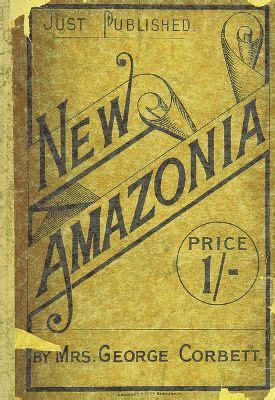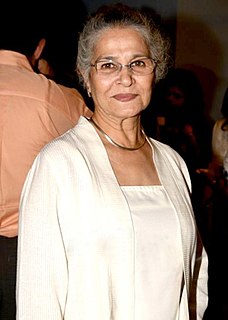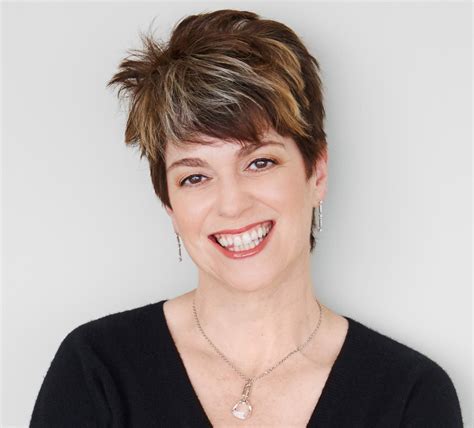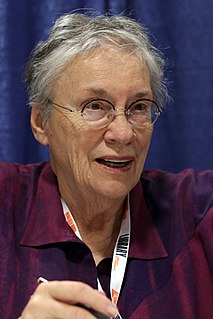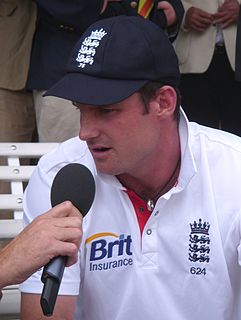A Quote by Elizabeth Burgoyne Corbett
If you loved, sooner or later you always lost; that was the penalty you had to pay for loving. Grief can be endured - somehow. But how poor and bare would be a life which had nothing to grieve over!
Related Quotes
Atul had a child from his first marriage but lost him when he was just 16 years old. His wife died 7-8 years later. He's really had a tough life. Probably these experiences have made him a more sensitive, caring and loving person... Had we been 20 years younger, we definitely would have had children.
I had to get over [him]. For months now, a stone had been sitting on my heart. I'd shed a lot of tears over [him], lost a lot of sleep, eaten a lot of cake batter. Somehow, I had to move on. [Life] would be hell if I didn't shake loose from the grip he had on my heart. I most definitely didn't want to keep feeling this way, alone in a love affair meant for two. Even if he'd felt like The One. Even if I'd always thought we'd end up together. Even if he still had a choke chain on my heart.
Early in life, the world divides crudely into those who have had sex and those who haven't. Later, into those who have known love, and those who haven't. Later still - at least, if we are lucky (or, on the other hand, unlucky) - it divides into those who have endured grief, and those who haven't. These divisions are absolute; they are tropics we cross.
My peak? Would I even have one? I hardly had had anything you could call a life. A few ripples, some rises and falls. But that's it. Almost nothing. Nothing born of nothing. I'd loved and been loved, but I had nothing to show. It was a singularly plain, featureless landscape. I felt like I was in a video game. A surrogate Pacman, crunching blindly through a labyrinth of dotted lines. The only certainty was my death.
I'm working on forgiving myself for some not-so-hot choices I've made in my life. I neglected two people I loved dearly. They are both dead now and I obviously can do nothing to repair or change that, and I grieve every day for those choices. That grief can be paralyzing, but it has made me understand the pain of holding on to unfinished business. In my case, I had put work first. I will never do that again. Having made that choice, I find the grief in my heart finally abating. Now I teach the need to forgive yourself and others relentlessly.
I think grief is a huge subject; it's one of the things that everybody is going to confront in one way or another. There's been a lot of books written about how Americans have an odd way of trying to defer grief or minimize the need to grieve. People used to have a lot more ritual grief in their lives. For the most part, we think of it as a strictly temporal process: you grieve for a time and then you're over [it], but it's also a spatial process. It travels across a map.
We face up to awful things because we can't go around them, or forget them. The sooner you get it over with, the sooner you say 'Yes, it happened, and there's nothing I can do about it,' the sooner you can get on with your own life. You've got children to bring up. So you've got to get over it. What we have to get over, somehow we do. Even the worst things.
I love animals; I've always loved animals. It's how I identified myself for so long, but I didn't know that in so many ways, I was living my life not in alignment with that. And once I learned about those ways I could be loving animals better, I made those changes, which made me happier and had me living a life that had me contributing.
